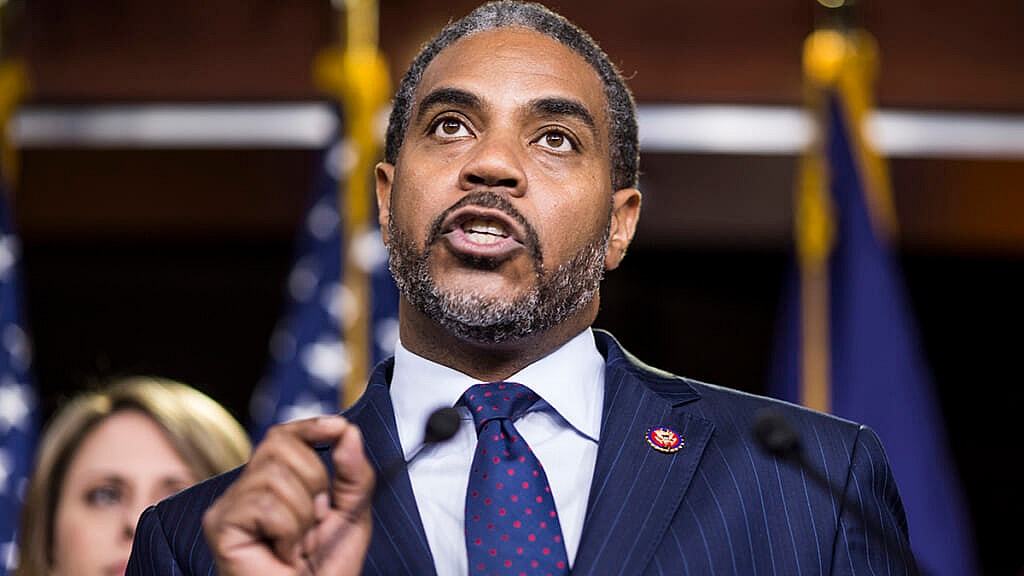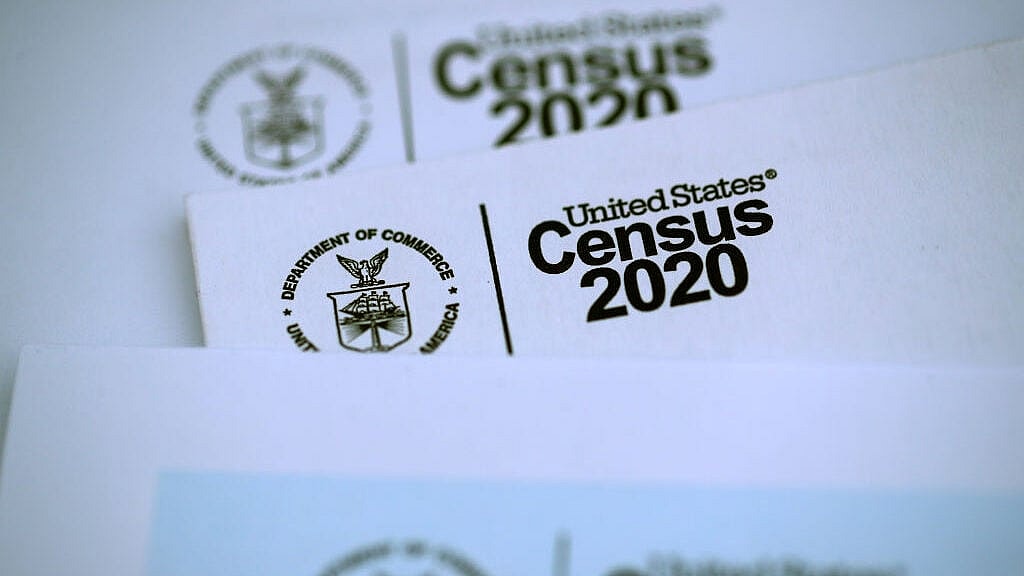If money, power and respect are the keys to life, the 2020 census is one of the most important thresholds to collectively unlocking them. The federal survey constitutionally mandated every decade is so much more than a headcount.
In fact, according to a recent study by George Washington University, the data collected from the census is used to divvy out more than $1.5 trillion dollars every single year to state and local governments, nonprofits, small businesses, schools, and other lifelines that are integral to our communities.
“If we don’t get the census right the power of the people could be diminished or erased for an entire decade if not generations,” warns Fair Count Vice President Dr. Jeanine Abrams McLean.
Read More: Census, like Post Office, politicized in election year
Fair Count is a non-profit nonpartisan organization committed to ensuring an accurate count of minority and marginalized communities which have been historically undercounted. Founded by former Georgia gubernatorial candidate Stacey Abrams in 2019, Fair Count not only seeks to reach hard to count populations but arm them with resources for sustained civic participation.
Particularly since the census also plays a pivotal role in elections, with the responses from households used to determine how congressional voting maps are drawn and the number of seats each state is allotted in the U.S. House of Representatives.
“If you live in a community and you want to make sure that your vote matters, that your voice matters, then you can’t allow unfairly drawn maps,” Dr. Abrams McLean emphasized.
The Census Bureau admittedly undercounted more than 800,000 (2.1%) of Black Americans, more than 740,000 (1.5%) of Hispanic Americans, and nearly 28,000 (5%) of Native Americans on reservations in the 2010 Census. Conversely Non-Hispanic White Americans were over-counted by nearly 1,600,000 (0.83%).
“At a time when we’re talking about income inequality, social disparities, racial inequalities, it is federal funding in part that exacerbates that problem,” stated U.S. Rep. Steven Horsford (D-Nev.), chair of the Congressional Black Caucus 2020 Census Task Force.

The CBC 2020 Census Task Force was formed last year in an effort to hold the U.S. Census Bureau accountable and amplify census messaging and outreach in communities of color. In tandem with Fair Count, the CBC has also launched Black America Counts, a data-based initiative that breaks down hard to count areas by county through detailed maps and helps to guide mobilization efforts such as phone banking and social media campaigns.
“We knew we were up against certain challenges to have every community counted and every person counted and we were concerned about what this administration might do to suppress people’s participation,” Rep. Horsford added.
Read More: Overcoming the US Census report’s digital divide during the COVID-19 crisis
Nevada’s 4th congressional district, which Horsford now represents, was actually created as a result of the 2010 census. He is the first person of color to represent Nevada in the federal delegation, living proof that an accurate census count can lead to more diverse representation.
“I care deeply about having every single person counted and I know what this census means to my state and my district and our communities across the country,” he said.
In an unprecedented move, however, the Trump administration abruptly pushed up the 2020 Census deadline by four weeks to Sept. 30 — an expedited timeline Horsford underscored will only add to an already uniquely challenging year; especially with millions of people disproportionately impacted and displaced by COVID-19 and millions more unable to fill out the 10-minute questionnaire online without at-home Internet access.

Although the census can also be returned by mail, delays with the U.S. Postal Service are another concern.
As the son of an immigrant from Trinidad, Horsford said he was especially disturbed by President Donald Trump’s recent attempts to add a citizenship question onto the census as well as exclude undocumented immigrants from the final population totals.
Read More: California sues Trump administration over controversial census question
“Every indication is that the Trump administration and some of the forces behind the census are attempting to undercount communities of color and to prevent them from being included in the 2020 Census and that should alarm every single person in this country,” Horsford said.
Similarly, Dr. Abrams McLean believes political fear tactics are being deployed to discourage and suppress minority participation.
“This was predicted to be the worst census for Black and Latinx communities that we’ve had in the past 30 years,” she noted. “There have been parties, entities, that have really tried to politicize the census and it’s going to be to the detriment of the most vulnerable people in our communities that have been historically undercounted which include racial and ethnic minorities.”

Although several lawsuits challenging the new 2020 Census deadline are pending for now the accelerated collection timeline remains. According to the Census Bureau, 84.1% of households across the nation have been accounted for so far as of Sept. 1 with 65.1% of households self-reporting.
In a collective statement issued at the beginning of August, four former U.S. Census Bureau directors stated in part, “Having helped to plan, execute or lead five decennial censuses serving nine Presidents of both parties, our expert opinion is that failing to extend the deadlines to April 30, 2021, will result in seriously incomplete enumerations in many areas across our country.”
In attempting to explain the Founding Fathers” intentions when they first included the census in the U.S. Constitution, the Census Bureau website states, “The genius of the Founders was taking a tool of government and making it a tool of political empowerment for the governed over their government.”
If this is a tool you would like to wield, you can fill out and/or request a hard copy census here.
Have you subscribed to theGrio’s podcast “Dear Culture”? Download our newest episodes now!


